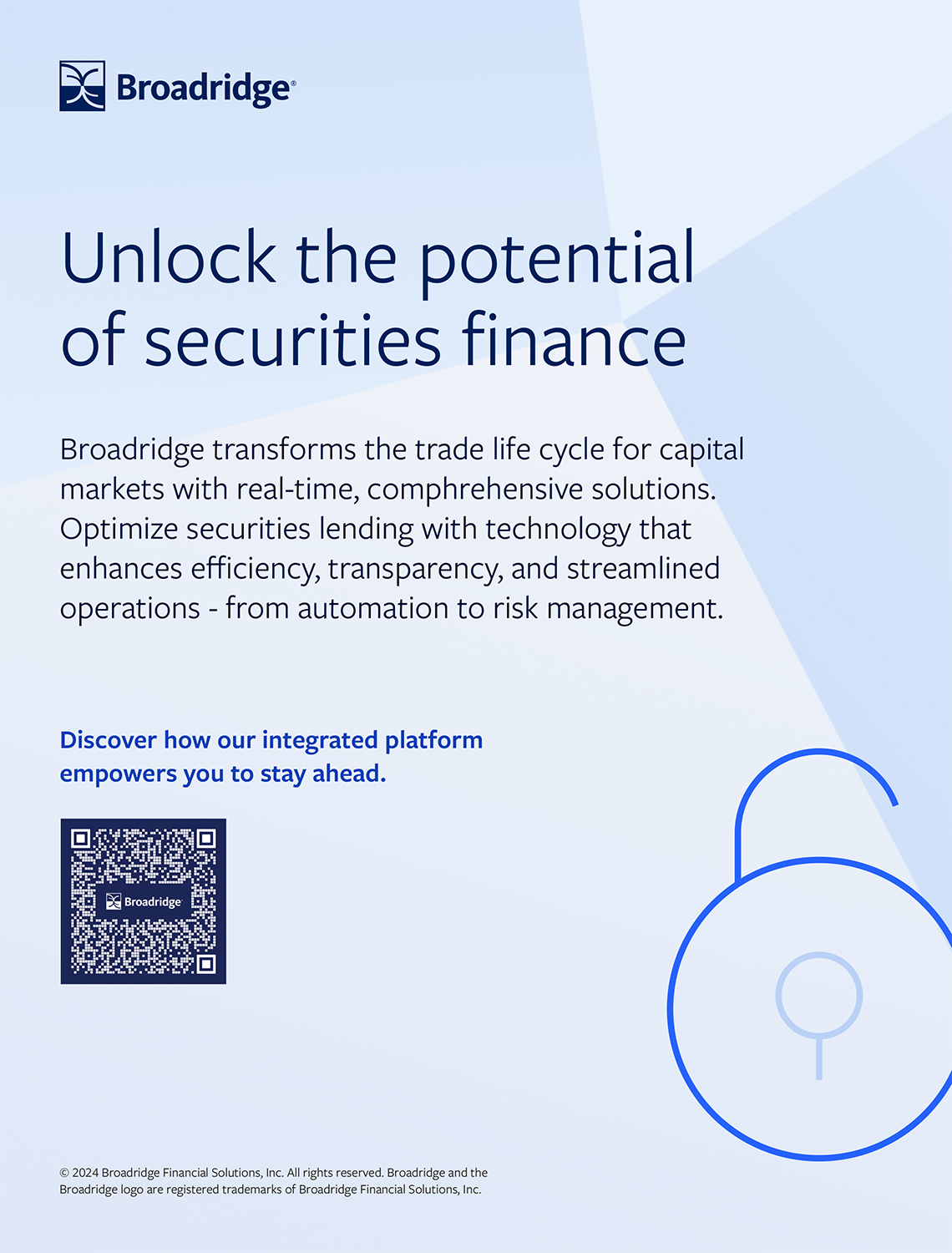BIS Innovation Hub outlines 2022 agenda
25 January 2022 Switzerland
 Image: AdobeStock/ doganmesut
Image: AdobeStock/ doganmesut
The Bank of International Settlements’ Innovation Hub will be launching new projects focusing on central bank digital currencies (CBDCs), decentralised finance and the development of next generation payments systems during 2022.
The Innovation Hub work programme will also begin new projects on green finance, regulatory technology and cybersecurity, according to the Basel-based organisation.
BIS says that 2022 will represent a new phase in growth of the Innovation Hub, with the first projects being launched in its London and Nordic centres and with new centres being opened in Toronto and in the EU to support the Eurosystem.
The Innovation Hub will also begin a strategic partnership with the US Federal Reserve System.
Measures to develop CBDCs and to promote improvements in payments systems remain a primary area of exploratory focus, representing 13 out of the 17 projects that were running in 2021 or that will commence in 2022.
The BIS has scheduled its second BIS Innovation Summit to run from 22-23 March 2022, with a conference agenda entitled Money, Technology and Innovation.
BIS general manager Agustin Carstens says: “With an expanded network of Hub Centres and exciting new projects, the BIS Innovation Hub is now in a stronger position to innovate in a sound and sustainable way, harnessing the benefits of digital technology, serving the public interest, and working cooperatively with the central bank community, academia and the private sector.”
Among the high-profile initiatives active in the Innovation Hub network, the Swiss Centre and Swiss National Bank are evaluating the results of two CBDC-related projects, Project Helvetia II and Project Jura, to assess the potential of CBDC-based projects using Arena, an in-house blockchain platform established as a testing ground for central banks.
In Switzerland, Project Rio is exploring how central banks can use data streaming to monitor fast-moving electronic markets.
In Singapore’s Innovation Hub, Project Ellipse is creating a platform enabling financial supervisors to digitally extract, query and evaluate large data sets from diverse sources, applying artificial intelligence and machine learning to support this process.
In this same location, Project Nexus is exploring how to integrate the national instant payment systems of Singapore, Malaysia and Italy. Project Dunbar is developing a shared settlement platform for multiple CBDCs.
In the Hong Kong hub, a new project is evaluating the application of DeFi technology, including blockchain, tokenisation, smart contracts and customer identification technology, to improve funding opportunities for small and medium enterprises.
Other projects in the Hong Kong innovation centre are researching wider applications of CBDCs — including Projects mBridge (integrating wholesale CBDCs from four central banks), Aurum (a retail CBDC prototype) and Genesis (green financing technology and carbon reduction).
The London Innovation Hub will begin its first projects, focusing on use of CBDCs to develop innovative payment solutions, and use of retail CBDCs as a mechanism for payments, transfer and store of value.
Similarly, the Nordic Centre will launch its first two projects during 2022: one using payments data to detect illegal activities such as tax avoidance, money laundering and terrorist financing; the other exploring security and resilience demands and solutions that will enable CBDCs to be employed offline.
The Innovation Hub work programme will also begin new projects on green finance, regulatory technology and cybersecurity, according to the Basel-based organisation.
BIS says that 2022 will represent a new phase in growth of the Innovation Hub, with the first projects being launched in its London and Nordic centres and with new centres being opened in Toronto and in the EU to support the Eurosystem.
The Innovation Hub will also begin a strategic partnership with the US Federal Reserve System.
Measures to develop CBDCs and to promote improvements in payments systems remain a primary area of exploratory focus, representing 13 out of the 17 projects that were running in 2021 or that will commence in 2022.
The BIS has scheduled its second BIS Innovation Summit to run from 22-23 March 2022, with a conference agenda entitled Money, Technology and Innovation.
BIS general manager Agustin Carstens says: “With an expanded network of Hub Centres and exciting new projects, the BIS Innovation Hub is now in a stronger position to innovate in a sound and sustainable way, harnessing the benefits of digital technology, serving the public interest, and working cooperatively with the central bank community, academia and the private sector.”
Among the high-profile initiatives active in the Innovation Hub network, the Swiss Centre and Swiss National Bank are evaluating the results of two CBDC-related projects, Project Helvetia II and Project Jura, to assess the potential of CBDC-based projects using Arena, an in-house blockchain platform established as a testing ground for central banks.
In Switzerland, Project Rio is exploring how central banks can use data streaming to monitor fast-moving electronic markets.
In Singapore’s Innovation Hub, Project Ellipse is creating a platform enabling financial supervisors to digitally extract, query and evaluate large data sets from diverse sources, applying artificial intelligence and machine learning to support this process.
In this same location, Project Nexus is exploring how to integrate the national instant payment systems of Singapore, Malaysia and Italy. Project Dunbar is developing a shared settlement platform for multiple CBDCs.
In the Hong Kong hub, a new project is evaluating the application of DeFi technology, including blockchain, tokenisation, smart contracts and customer identification technology, to improve funding opportunities for small and medium enterprises.
Other projects in the Hong Kong innovation centre are researching wider applications of CBDCs — including Projects mBridge (integrating wholesale CBDCs from four central banks), Aurum (a retail CBDC prototype) and Genesis (green financing technology and carbon reduction).
The London Innovation Hub will begin its first projects, focusing on use of CBDCs to develop innovative payment solutions, and use of retail CBDCs as a mechanism for payments, transfer and store of value.
Similarly, the Nordic Centre will launch its first two projects during 2022: one using payments data to detect illegal activities such as tax avoidance, money laundering and terrorist financing; the other exploring security and resilience demands and solutions that will enable CBDCs to be employed offline.
← Previous technology article
BME launches digital proxy voting service in partnership with Proxymity
BME launches digital proxy voting service in partnership with Proxymity
NO FEE, NO RISK
100% ON RETURNS If you invest in only one securities finance news source this year, make sure it is your free subscription to Securities Finance Times
100% ON RETURNS If you invest in only one securities finance news source this year, make sure it is your free subscription to Securities Finance Times



